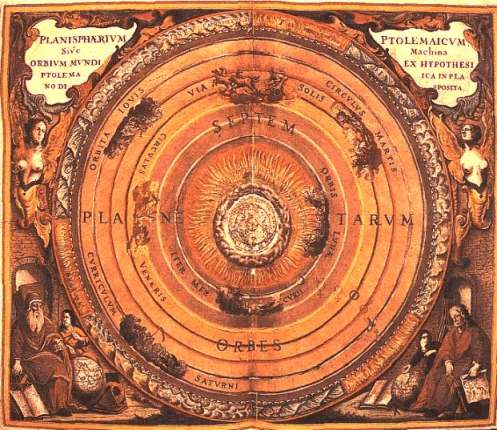A contemporary of Galileo’s in reply to his 1610 discovery of Jupiter’s moons:
“There are seven windows given to animals in the domicile of the head. From this and many other similarities in nature, such as the seven metals, etc., which were tedious to enumerate, we gather that the number of planets is necessarily seven. Moreover these [alleged satellites of Jupiter] are invisible to the naked eye, and therefore can exercise no influence on the earth, and therefore would be useless, and therefore do not exist. Besides, [from the earliest times, men] have adopted the division of the week into seven days, and have names them after the seven planets. Now, if we increase the number of the planets, this whole and beautiful system falls to the ground.”
Source:
Quoted in Francis Bacon, A Selection of His Works, edited by Sidney Warhaft (Macmillan, 1965), p. 17.
My related posts:
“Galileo and the Early Modern Compromise in Philosophy.”
“Descartes’ reaction to Galileo’s conviction.”

The awesome power of logic.
Funny, in a way. I also laugh when I remember that I was prone to say things like that while growing up. Eventually we get better at reasoning.